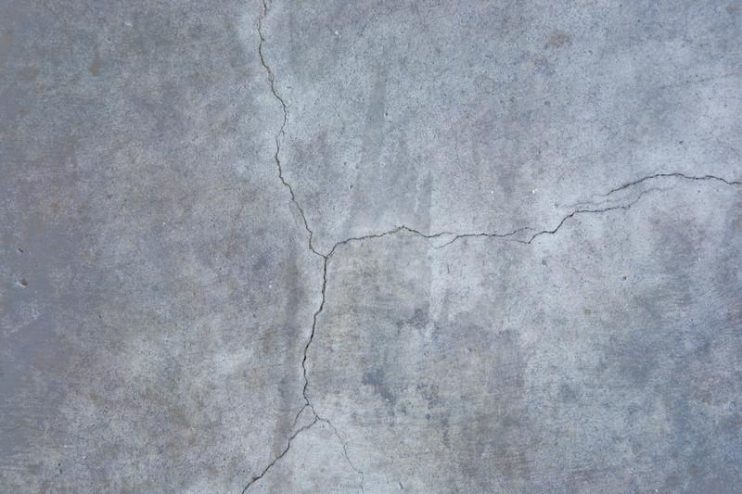Diagnosing a Slab Leak

Some common plumbing problems are immediately apparent. When your drain is stopped, your toilet is clogged and overflowing, or it’s simply time for a new garbage disposal, it’s time for a call to Ace Plumbing. Other problems are harder to spot because they can look like other issues altogether, and may take years to become apparent. One plumbing problem that falls squarely into the latter category is slab leaks.
Slab Leaks: Definition and Causes
Many homes in California are built on concrete slabs, with copper water lines running beneath the foundation. When those pipes develop leaks, or the solder holding them together fails, a slab leak results. Those failures can stem from a number of different causes, including but not limited to:
- Corrosion
- Bad soldering
- Poor water quality
- Root incursions
- Routine wear and tear
Consequences of Slab Leaks
Even a slow slab leak can have dire consequences over time. Whether it’s a constant drip or a much faster trickle, the constant running of water can undermine your foundation, promote the growth of mold and mildew, cause appliances and fixtures to rust, and give rise to a number of other common problems — some of which can cost thousands of dollars in damage to your home. In short, don’t take your chances; call us for slab leak repair.
Signs of a Slab Leak
When you’ve got a slab leak, you’ll typically have some warning signs. These include:
- Cracked floors: A water leak can erode the surrounding soil and undermine the ground under the slab. When this happens, the slab isn’t putting uniform pressure on the soil and cracks will begin to form as the slab settles unevenly.
- High humidity or condensation: If you notice that your basement or crawl space is humid, or if there always seems to be a sheen of condensation on your appliances, floors, and painted surfaces, a leak may be the culprit.
- High water bills: Climbing water bills can be another sign of a slab leak. If your water consumption hasn’t changed but your water bill tells a different story, you may want to check for a slab leak.
- Warm floors: Concrete floors and walls are normally cool to the touch. But if you’re walking barefoot on your basement floor and it seems warmer than expected, it could be a sign that your hot water heater is leaking.
- Low water pressure: If you’ve got a leak, lower water pressure is a sign that water isn’t getting to your taps and faucets because it’s being diverted elsewhere.
- Odd noises: Do you often hear water running when there aren’t any faucets in use? Your ears may not be playing tricks on you — you just might have a leak.
- Puddles: If you’ve got puddles of water on your basement floor or outside, or if you notice your sump pump is working overtime, you may be dealing with a slab leak.
But Wait a Minute…
If you suspect a slab leak, you may also suspect that there’s a significant repair bill in your future. Don’t panic just yet. Many of the symptoms listed above can have other causes, including pipe leaks elsewhere in your home or business, poor drainage outdoors (including clogged gutters and French drains), water main issues, and joint expansions that allow for groundwater incursion. It’s not uncommon to call a plumber only to find out that these problems aren’t caused by your plumbing.
Given the potential consequences, however, it’s always best to play it safe. If they’re caught early, slab leaks don’t have to be catastrophic. If you decide to wait it out, your problems will only compound and the repairs will only become more expensive. So don’t delay — contact Ace Plumbing today!



